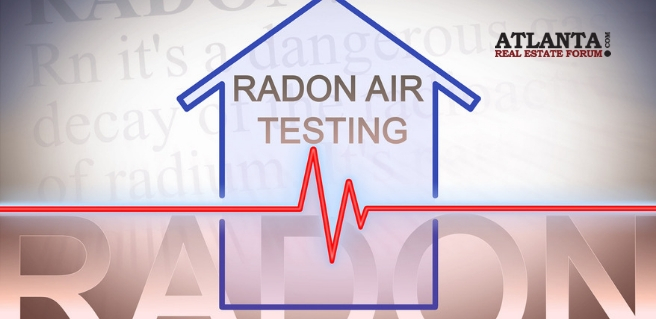An issue often overlooked, testing your home for radon is crucial to ensure the health and safety of all its inhabitants. The culprit for more than 800 deaths annually in Georgia, radon gas is a radioactive element that occurs in the granite bedrock found throughout the state and is a hidden danger affecting many households. According to the U.S. Environmental Protection Agency, radon exposure is the second-leading cause of lung cancer in the United States.
Through the University of Georgia (UGA), the Georgia Radon Program educates citizens on the silent killer and the importance of testing a home. Whether you just purchased a brand-new home or cannot remember if your home was tested for radon, now is a perfect time to check it.
“Families have a lot to think about, and I know radon isn’t always at the top of the list,” shared Cooper. “Testing for radon can save a life, and it’s quick and easy.”
UGA Extension offers homeowners a low-cost service to test their homes for radon and locate resources for those who find high gas levels within their homes.
What is Radon?
Broken-down uranium found in Georgia’s bedrock, radon is an odorless, tasteless, colorless and virtually undetectable gas that can seep through a home’s foundations and well water. Although particularly dangerous during the colder months when weatherproofing seals air indoors, radon is a threat year-round.
Depending on the area of the state, radon exposure varies but can be present in both new and resale homes. Residences located in the northern half of the state are at a greater risk of elevated radon levels due to higher percentages of granite bedrock found within the region. In Haralson County, 46.6% of homes tested found radon levels, the highest recorded in the state.
In addition to Haralson County, Barrow, Butts, Douglas, Fannin, Gilmer, Hall, Jackson, Lumpkin, Union and Walton counties are the regions with the highest percentage of elevated radon levels in the state, according to tests conducted through UGA Extension.
How Can I Test My Home for Radon?
Homeowners are encouraged to hire a local professional or to purchase a DIY kit at a local hardware store to properly test for radon. If your property has access to a private well, this will need to be tested as well.
If you believe you or a loved one has been exposed to radon, talk with your doctor or visit a local health clinic to determine treatment options.
Call 706-583-0602 or visit the UGA Extension Radon Testing page to learn more about household radon or to order a $15 radon test. Tune in to the full Atlanta Real Estate Forum Radio interview with UGA Radon Educator Derek Cooper to learn more.

The post is informative and a great resource for anyone considering testing their home for radon.
Very helpful to Georgia residents, especially if you are located in the counties listed. Thank for the education.
Great job breaking down the process of radon testing and mitigation. It’s important for homeowners to take action.